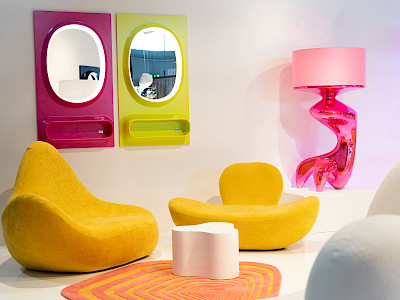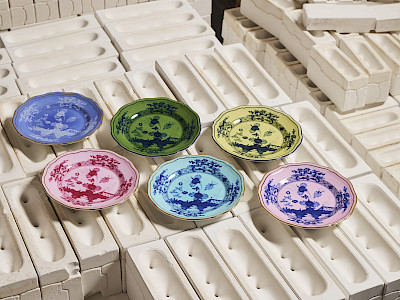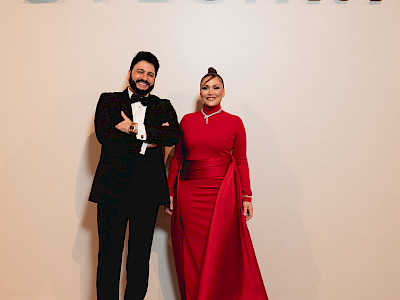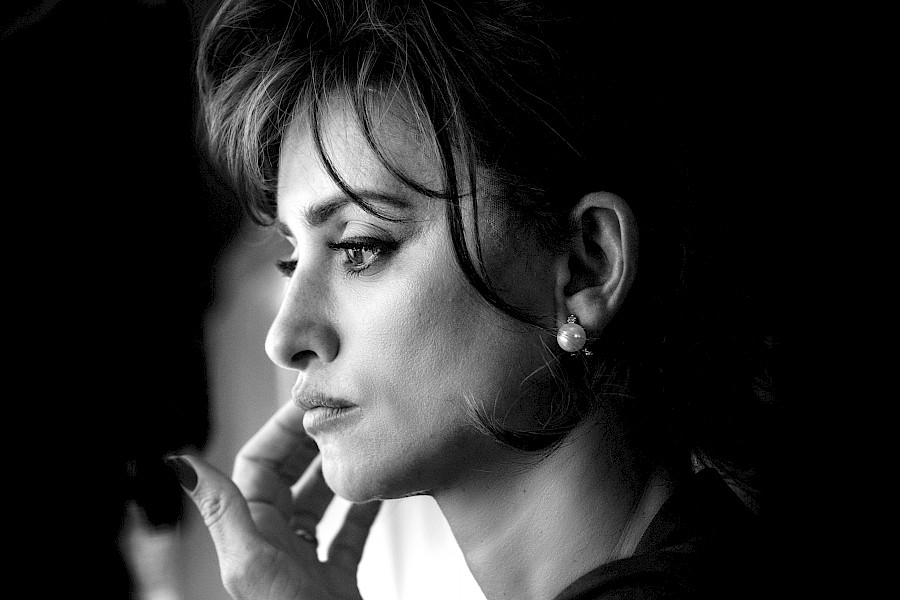
As a teenager, she dreamed of playing with Pedro Almodovar. The first casting was a fiasco: she was denied the role. But the director appreciated the talent of the aspiring actress and promised to call when a suitable role appeared. Almodovar kept his promise in the late 90s – he invited her to shoot in the film “Live Flesh”. Penelope was then very helped by the actress Pilar Bardem, who was filming with her. The director also made Cruz the most sought-after actress, trying in various roles. Under his tutelage, Penelope made a dizzying career and moved from Europe to Hollywood. In Almodovar's films, she is best suited for mother images – from the film “All About My Mother” (1999) to “Parallel Mothers”, which was released last year. After Almodovar, other directors began to see her as a mother. Let us recall at least the recent work of the Iranian Asghar Farhadi “Labyrinths of the Past”, where the actress played
a mother, whose daughter is kidnapped.
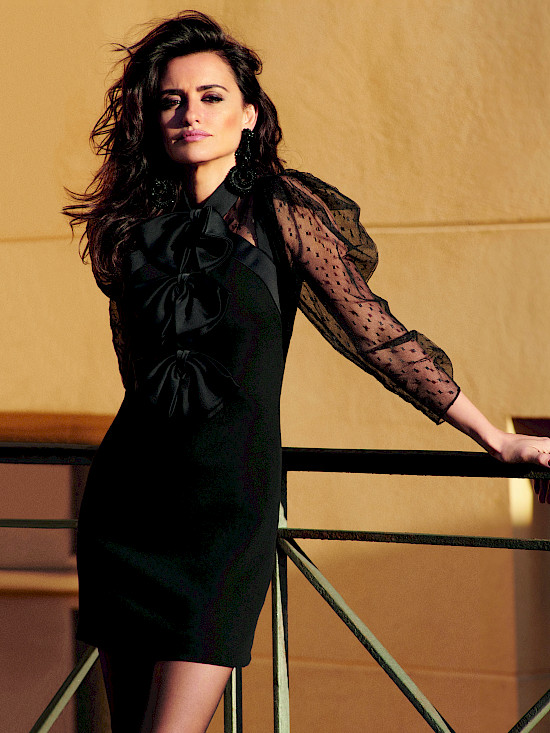
You were growing up personally and professionally next to Pedro Almodovar...
I cannot imagine my life without him. He is my family, the person who inspired me more than anything. Since childhood, I wanted to be a film actress or a dancer. I studied diligently at school, but without any interest, because all my thoughts were about cinema. My family lived in a suburb of Madrid where there were no cinemas. But a “Betamax” video cassette store opened up the next door, and my parents started bringing home cassettes. They gave me a copy of their client card, and I run to the store to rent Almodovar's films, and after school I rushed to go back home to watch them, often ten times in a row. I laughed and cried, I learned to dream ... At about the age of 15, I began to study theatrical art and participate in castings. In cinema theatres I forced to raise my age in order to get the permission to watch the desired movies. So, I watched “Tie Me Up! Tie Me Down!” And then I was looking for an agent, determined to become an actress in order to work with the director of this masterpiece. For me, Almodovar is much more than just a director. He left a mark in all facets of my life, opened thousands of doors for me, both in my career and personal life.
Which of your roles in his films are especially remembered?
All! But the most memorable was Raimunda, a working-class woman who, barely making ends meet, does her best to protect her daughter. This image seems to be stuck with me - it seems to me that somewhere I repeat it in other films: “Broken Embraces”, “Pain and Glory”, “Parallel Mothers” ... After each new work of Pedro, for the sake of my mental health I try to “let go” of Raimunda, once stepped into my life. This is very difficult; our farewell is always sad and hard.
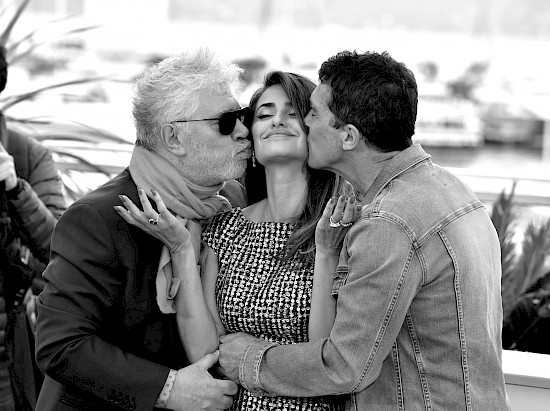
You are one of the few Spanish film actresses who have achieved the status of a Hollywood celebrity. What is it like to be a star? Is it a big privilege?
For me, it is a privilege to be able to do what I love, to have true friends, a loving husband and children. When I wake up, I always thank fate first of all. At the beginning of my career, each new project seemed to me like the first and last. And you know, despite the experience and success, this feeling has not gone away! I call it healthy insecurity; it makes you appreciate work and life. This state perfects me. Each film leaves a deep mark, teaches something... But my plan is still the same: to continue learning, to look for interesting projects. I like being an eternal student, always starting from scratch. It is a great luck when work gives such an opportunity!
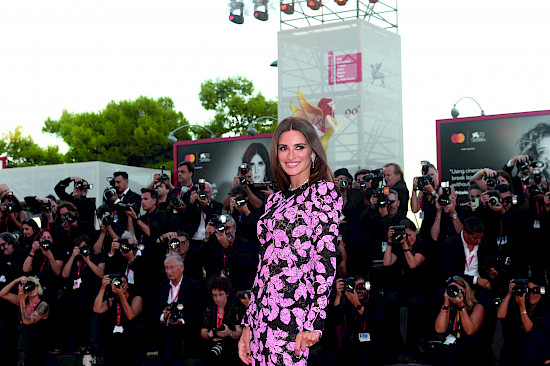
What do you think about your protagonist in the film “Parallel Mothers”?
I love that Pedro created such contrasting complex images, showing different paths to motherhood. Two women give birth in the same hospital. The pregnancy of one is accidental and unwanted, the other - Janice - dreams of a child and is preparing to become a single mother. Children are replaced, as a result of which both feed other`s babies, one of which dies. The plot is tragic, and the images of mothers are very contradictory, but I refuse to judge them. Playing Janice as a mother myself was a huge experience, both attractive and painful: I know well what it means to love your child and fear for his fate. This changes every woman and may come as a shock to those who have always wanted to have children. Like me. But there is something good in this shock. As a mother, I never put myself first. Sometimes it is useful to look at the situation from the outside, to enter into a different image. Such a desire may seem strange, it may be condemned, but I am convinced that it is the ability to “lose our temper” that can make us happier.
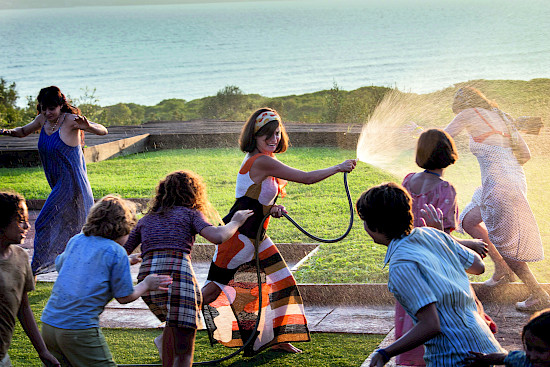
Your heroine in “L'immensità” is no less tragic: a transgender mother in Rome in the 70s with an abusive husband-womanizer…
For Emanuele, this film is very personal. He was born a daughter, but he always wanted to be a son, a protector of his mother. At the heart of the scenario is the relationship between mother and daughter. Both are trying to escape reality because they feel like they are in prison, both are striving for a different life: the mother is looking for an alternative to the family, the daughter is looking for a different identity. This creates a bond between them, especially in the musical scenes where they dance and sing while pretending to be different. These scenes became the saddest for me, I sobbed over them many times. My motherhood, my past, life lessons, traumas, relationships – all this helped me to look at the history of my character in my own way...
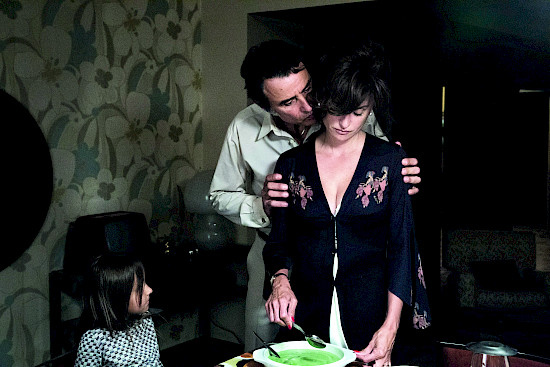
How do you combine work and family?
Before marriage, I happened to live in Los Angeles, London and New York. Now me and Javier almost never leave Spain because of the children, and hence, more often we choose films that are filmed close to home. I draw a line between work and personal life, I never take my characters home. Even when I'm playing difficult roles like Janice, for which I had to cry on set for twelve hours straight. At home, I am exceptionally wife and mother. I am lucky because I have a free schedule and I can plan my time, so that I can spend more time with my children.
Does the family reduce the pressure of fame or, on the contrary, increase it?
Family is my priority, and I try to be less in the spotlight, acting in no more than a couple of films a year. Fortunately, acting does not prevent me from leading a quiet family life. We spend a lot of time in the village, where everyone knows us and do not bother, because they are already used to meeting with us every day. Even when we come to Madrid, the media pressure is not the same as before. Today, I can afford to go to the supermarket or restaurant, cook meals or read scripts while the kids are at school.
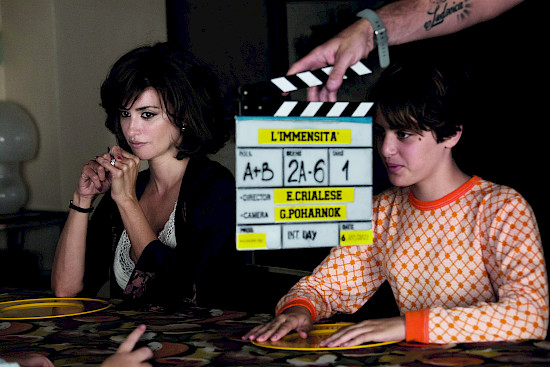
What worries you the most today as a mother?
I am afraid of the negative impact of the Internet on children and adolescents. Today it is considered normal when a 12-year-old child sits for hours on social networks, but in my opinion, this is a disaster. Everything starts at home, so parents need to understand where to limit their children and where to give them more freedom. Sometimes it seems to me that it would be better for us to stay in the 90s, without mobile phones. Back then, we used pen and paper to write, and our values were more stable. However, life cannot be stopped. Even I have to use social networks, however, only for two purposes: for work and for charity.
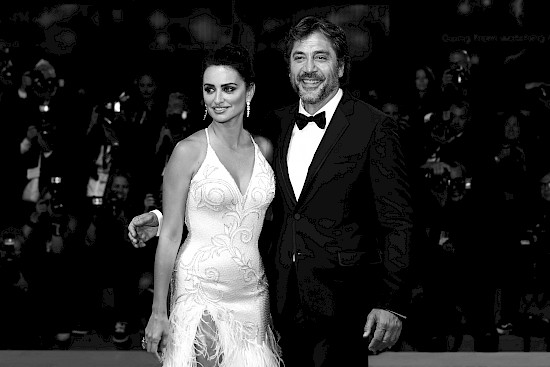
Our magazine has many young female readers. What can you advise them?
Young girls often stop me on the street or at events and say that they want to be like me. But in such cases I avoid giving advice. I only give them to those who say that they want to be an actress. Although I do not consider myself a role model, I can only be so for my children, for whom I am responsible every day. Here I try to be a principled mother. Raising children is a huge responsibility and my biggest mission in life.

